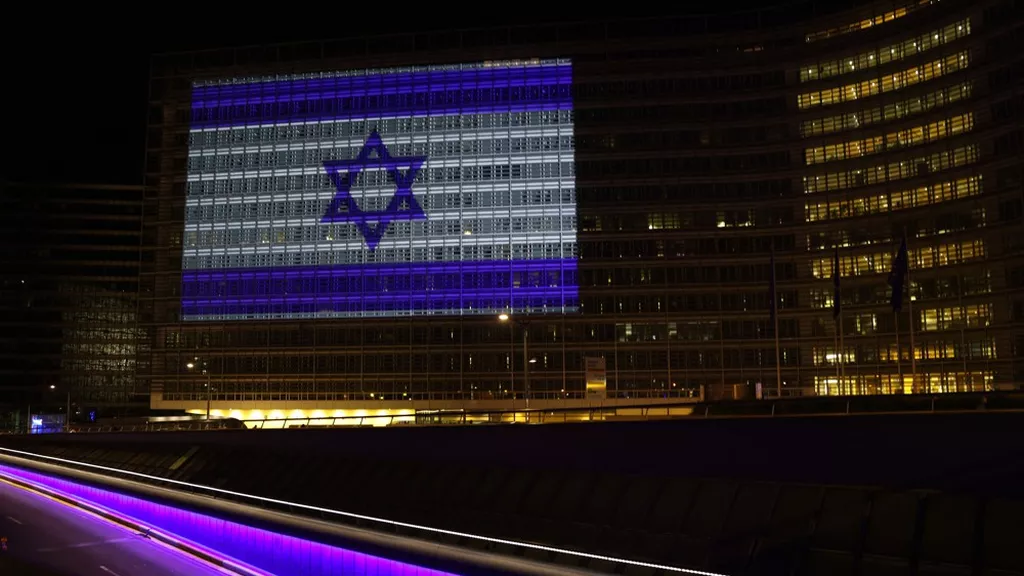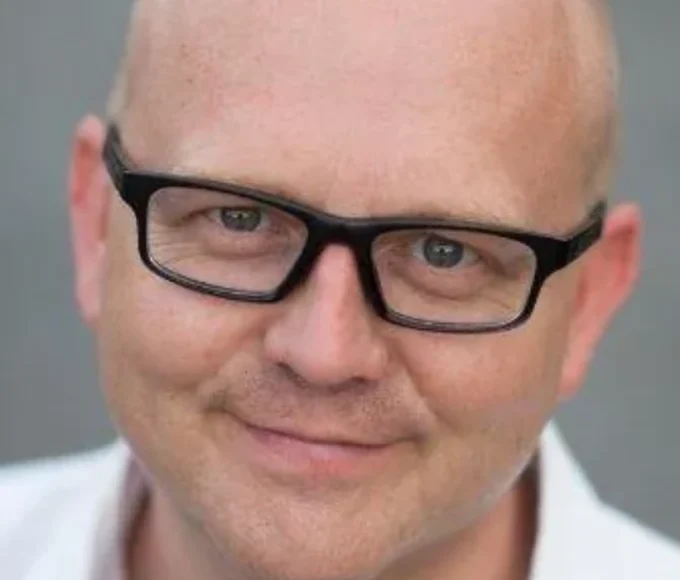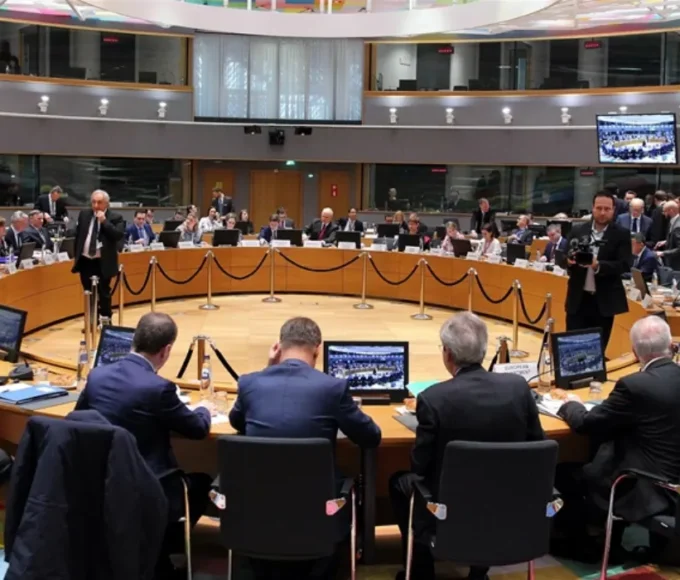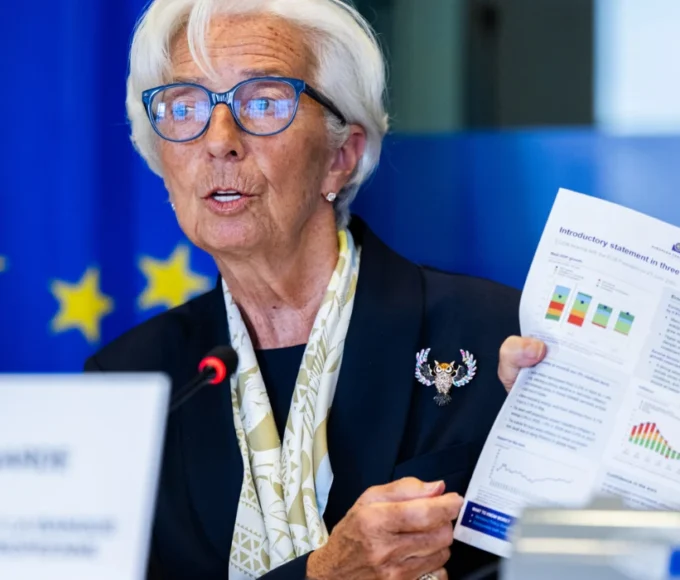After a fairly cacophonous day on Monday regarding the future of European aid to Palestine after the bloody Hamas attack on Saturday, the Twenty-Seven sought on Tuesday to clarify things in a very structured manner. The head of European diplomacy, Josep Borrell, had convened an extraordinary Foreign Affairs Council after long-planned discussions with the Gulf Cooperation Council, in Muscat, Oman. Some European ministers participated by video.
Even before this twenty-seven meeting, the EU and the Gulf Cooperation Council (GCC) “underlined the importance of sustainable financial support for UNRWA [the United Nations Agency for Palestinian Refugees, Editor’s note] and the continuation of humanitarian and development aid to the Palestinians in the occupied territories”, according to Josep Borrell, who said he was opposed to water and electricity cuts to the Gaza Strip.
“Israel has the right to defend itself but in accordance with international law,” declared the Spaniard after the meeting of the Twenty-Seven. He specified that a “very large majority” of member states are in favor of continuing aid to the Palestinians. A welcome clarification after the contradictory messages launched the day before.
Uncoordinated message
The European Commission, very embarrassed on Monday by an untimely and “uncoordinated” tweet from the Hungarian Commissioner, Oliver Varhelyi, had to specify at the end of the afternoon that it was going to review its development aid in favor of the Palestinians, without call into question the Union’s humanitarian aid.
Brussels said it wanted to launch “an urgent review of European Union assistance to Palestine” to ensure “that no European funding allows any terrorist organization to carry out attacks against Israel”. The unprecedented scale of Saturday’s incident raises questions about its financing. Josep Borrell affirmed that his services would ensure that this “review” was carried out “as quickly as possible”, so as not to hinder financial transfers.
All payments immediately suspended, all projects re-examined, all budgets concerning projects, including for 2023, postponed until further notice, re-evaluation of the entire program”, had on the contrary affirmed the Hungarian commissioner, close to Prime Minister Viktor Orban, in charge of Enlargement and the Neighborhood, in a message on X (formerly Twitter). Without first consulting the President of the European Executive, Ursula von der Leyen, or any other Commissioner.
Emotion of Antonio Guterres
This announcement surprised and even shocked Brussels and beyond. The Spanish Minister of Foreign Affairs, José Manuel Albares, called Commissioner Varhelyi to protest against this decision, judging that it should first be discussed by the Twenty-Seven. A spokesperson for the Irish Department of Foreign Affairs had stated that “[our] analysis is that there is no legal basis for a unilateral decision of this nature taken by an individual commissioner”.
“Two million people live in Gaza. They are also Hamas hostages. With these methods, we push them into the arms of terrorists,” commented the Luxembourg Minister of Foreign Affairs, Jean Asselborn. The Secretary General of the United Nations, Antonio Guterres, for his part contacted Charles Michel, President of the Council of the EU, to express his emotion.
Monday revealed traditionally different sensitivities between the Twenty-Seven on the subject of the Israeli-Palestinian conflict. The brutal attack by Hamas confirms the EU in its diagnosis of an increasingly violent and destabilized neighborhood.
Aid from the United Arab Emirates
The United Arab Emirates, which normalized relations with Israel in 2020, announced humanitarian aid of $20 million to the Palestinians on Tuesday. “This aid, which will be distributed through UNRWA, is part of the UAE’s policy of providing assistance to vulnerable populations […] throughout the world,” said the official WAM news agency. .
Denmark announced on Tuesday that it would suspend its development aid to the Palestinians but maintain humanitarian aid.
This article is originally published on lesechos.fr









